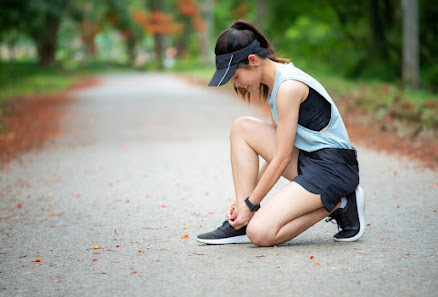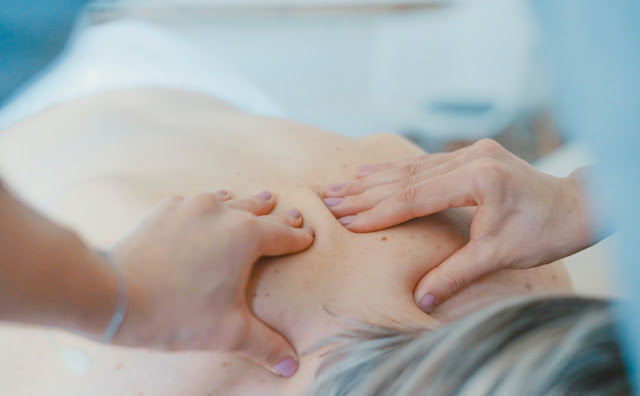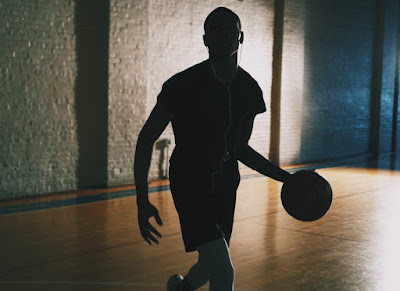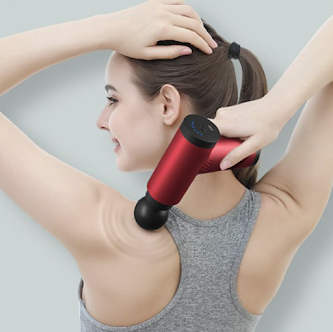Preparations for hiking
Hiking is a great way to get exercise and see some amazing scenery. It's also a good way to get in touch with nature, but there are some things you should know before heading out on your next hike.
The weather on
mountains can change rapidly. Be sure to check the forecast before setting out,
and if it’s going to rain or snow, make sure you have waterproof clothing.
Be sure you have good hiking equipments
In order to enjoy your hiking experience, it's important that you have the proper gear. Before you set off on the trails, be sure that:
You're wearing appropriate clothing—hiking boots or shoes with good traction, a hat and sunglasses for sun protection, layers for warmth and rain protection.
You have a map and compass with you so you don't get lost. If traveling in bear country (which includes most of northern California), bring bear spray as well.
A first aid kit will come in handy if something happens while hiking; be sure it has bandages and antiseptic wipes as well as any medications required by those who are hiking with you (like insulin). It is also good to have some kind of knife like a Swiss Army knife or pocket knife along with matches/lighter in case there is a fire need during burning season where fires are allowed outside city limits (which covers most areas).
Wear knee braces
if needed because they help prevent injuries when scrambling over rocks or
walking down steep slopes which may cause slipping accidents or falls if not
careful enough while descending down steep hillsides while going upslope
descents pose less risk due to gravity acting downward force upon those
ascending hillsides. Fivali can provide you with better protection for long distance running. Our compressa knee sleeve are of the highest quality and support, and they are very
comfortable to exercise with almost no obstruction. There are also different
ranges of knee braces for different exercise intensities, which are well worth
trying.
Drink water before, during and after your hike.
Drinking water
before, during and after a hike is essential for ensuring that your body
functions at its peak. While you might think you don't need as much water as
the average person, this isn't true—you're more likely to get dehydrated if
you're hiking in hot weather. To help keep yourself hydrated while in the
wilderness, try to drink at least 0.5 liter of water before beginning a hike.
You should also continue drinking throughout your trek: even if you aren't
thirsty yet or don't feel like it's necessary now, it's important that you do
so later on in order to prevent dehydration.
Stop if you feel uncomfortable
If you feel any
discomfort or pain, you should stop and rest. If it is too hot, find a shady
spot in which to sit down or lie down. Drink plenty of water from your canteen
and eat something like an energy bar (you should have brought one). If the
symptoms persist, seek medical assistance from a doctor as soon as possible
before continuing with your hike!
We hope you
enjoyed the tips we gave you in this article. If you want to get more information about sport braces or other informations, you can visit Favila. Remember that hiking is a great
way to get some exercise, but be sure not to overexert yourself. If at any
point during your hike you feel like you simply cannot continue, stop and take
a break. It’s better to turn back early than get injured! And remember: prepare
yourself with good hiking equipment before heading out into nature—this will
ensure that your trip goes smoothly and safely.





Comments
Post a Comment